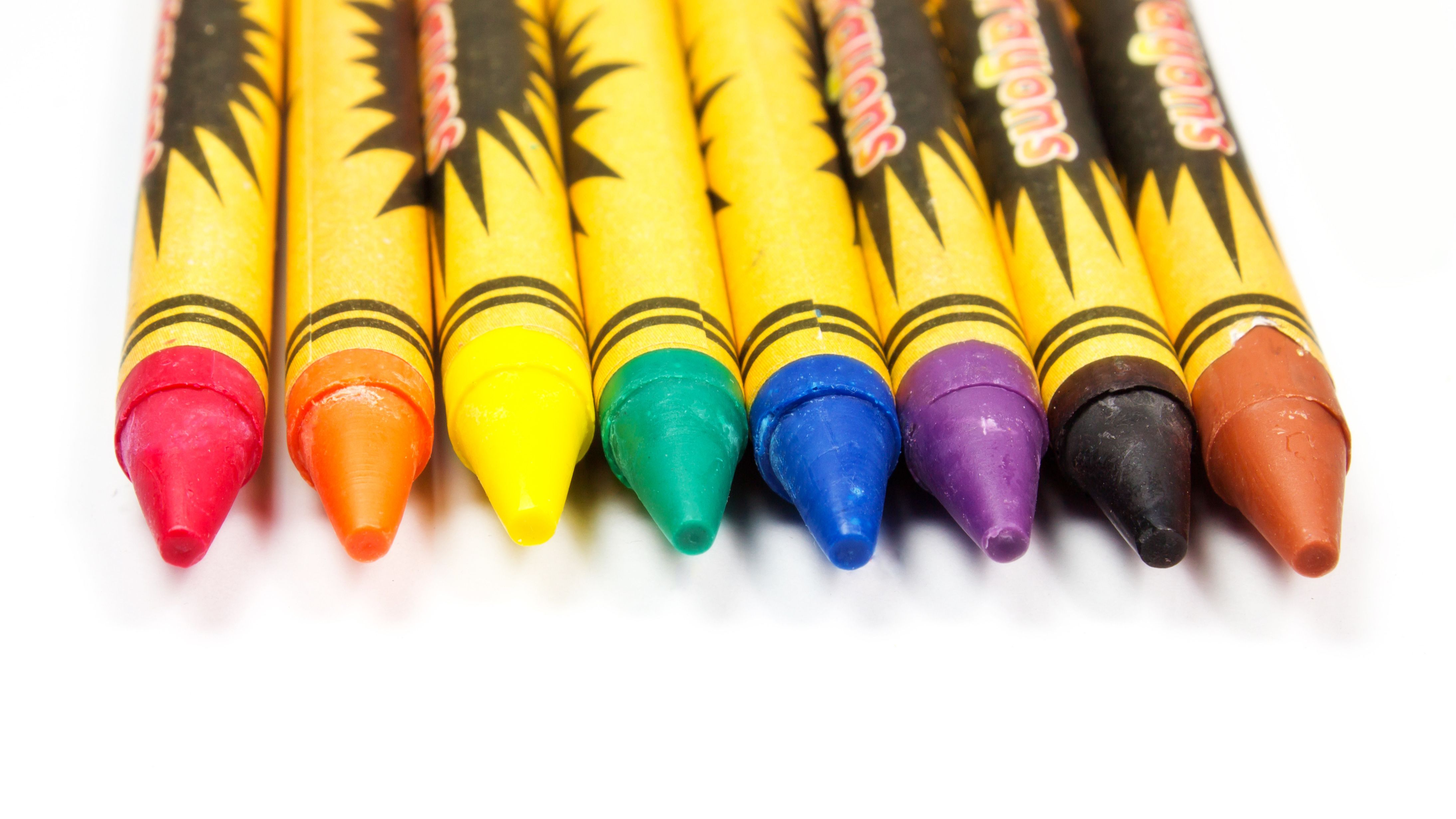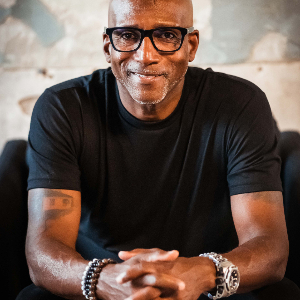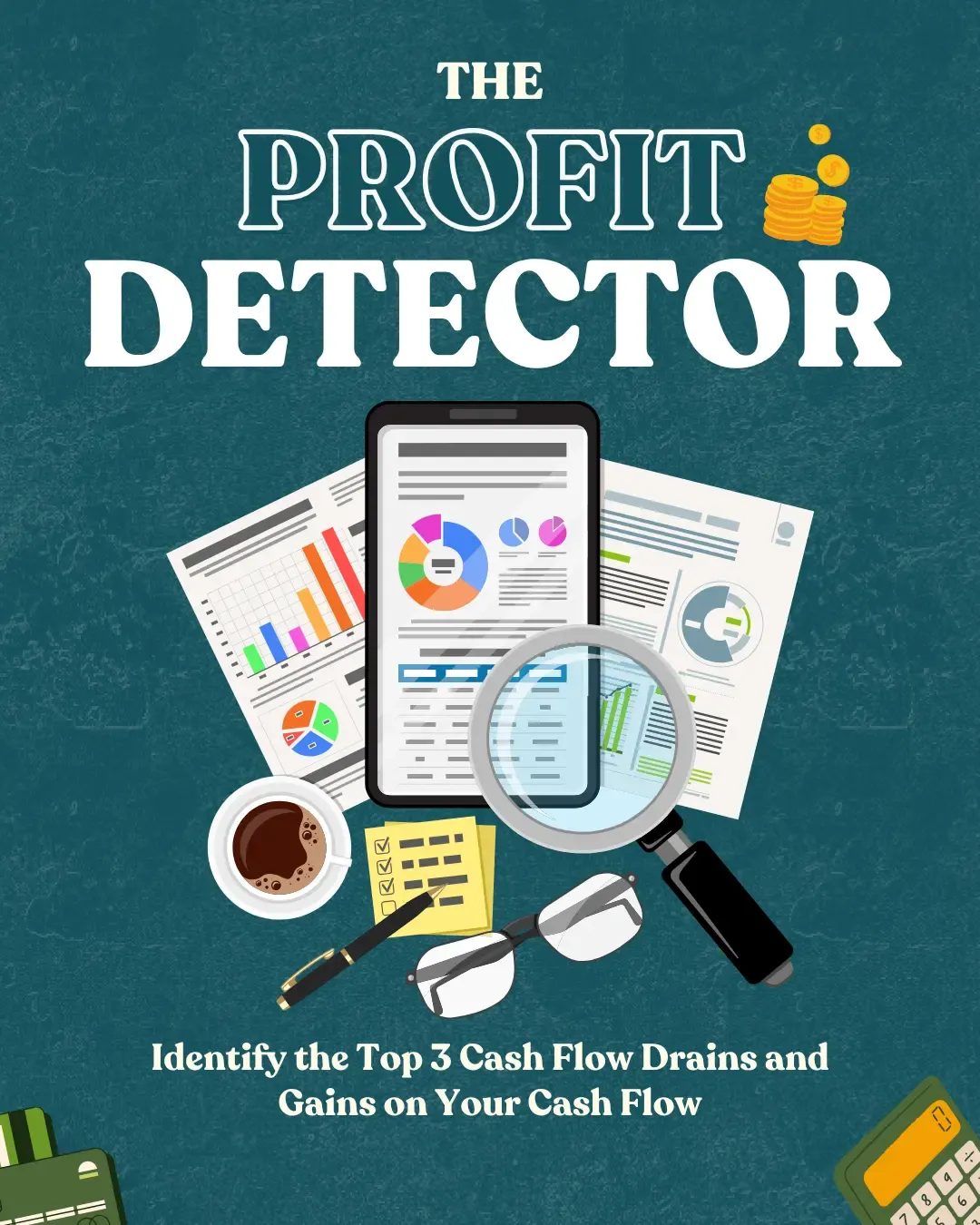The Crayon Box of Emotions: What Mental Health Looks Like

May is Mental Health Awareness Month—and this year, I had the absolute honor of sitting down with licensed therapist Dawn Swan for a profoundly moving conversation on the Just Human podcast. What unfolded was a beautiful mix of metaphor, practical insight, and real-talk that left me thinking long after the mics were turned off.
If you've ever felt like your emotions are all over the place—or worse, like some don't belong- you're not alone. And as Dawn reminded me, that may be one of the first signs that you're ready to grow.
Psychological Flexibility: The Wavy Tube Man Wins
One of Dawn's core ideas is that mental health isn't just about avoiding breakdowns—it's about building flexibility and emotional resilience.
She explained it using a metaphor of the inflatable wavy tube man outside car dealerships. You know the one—flailing joyfully in all directions, grounded by weight but free to move with the wind. That's what psychological health can look like—being grounded, yet adaptable. Able to bend, shift, and respond to life's pressures without breaking.
She says rigidity is where we get into trouble. When we only have one way to respond—anger, avoidance, perfectionism—we set ourselves up for collapse when the winds really blow.
The Full Crayon Box of Human Emotion
Another metaphor that landed hard? The emotional crayon box.
We're all born with the whole box—sadness, joy, fear, anger, hope, and disappointment. But many of us throw out a few crayons based on how we were raised or what we were taught to believe. Maybe anger wasn't allowed in your home. Maybe sadness made others uncomfortable. So you learned to hide it. Suppress it. Pretend it wasn't part of you.
But those crayons never actually disappear.
Dawn shared that real emotional health is about reclaiming your full crayon box—giving yourself permission to use every color and paint a full, vibrant life. The more we avoid certain emotions, the more likely we feel stuck or overwhelmed. But when we allow ourselves to feel fully, we can heal.
Emotional Resilience: Surf the Wave, Don't Fight the Current
Dawn broke down emotional resilience with another powerful image: surfing.
"When strong emotions come, we can try to fight them—or we can ride the wave," she said. If we don't resist them, most emotions pass in 60 to 90 seconds. But if we panic, suppress, or shame ourselves, we get caught in a riptide. We drown instead of surf.
It's not easy. But it is possible, especially with help.
The Stigma Men Still Face
We also talked about the elephant in the room—the stigma around Therapy, especially for men. As a Black man who has personally wrestled with anxiety for much of my life, I shared that I once thought anxiety was just my usual baseline. It wasn't until I started doing the work—thanks in part to Dawn—that I realized how much calmer life could feel.
Dawn affirmed that men, especially those 50 and up, often carry messages from earlier generations: "Suck it up. Be strong. Don't show weakness." In other words, only color with the "acceptable" crayons.
The result? Many men are walking around with half a crayon box and wondering why things feel off.
Therapy Isn't Just for Crisis—It's for Connection
Dawn also addressed a prominent misconception: Therapy isn't just for when things fall apart. It's for when you're stuck, when you've tried everything and nothing's working, when you need someone outside the jar to help read the label.
As she put it, her role isn't to tell people what to do. It's to help them see where they're stuck and gently guide them past that block. It's not about expert vs. patient. It's human-to-human, just human.
Caregivers Need Care Too
Dawn also practices what she preaches. As a mom, a therapist, and someone people depend on daily, she spoke candidly about her therapy journey, how yoga helps her let go, and how she fills her own cup so she can continue showing up fully for others.
Her reminder: "When you're inside the jar, you can't read the label." Even the helpers need help.
Final Thoughts
So what does it mean to be mentally healthy?
It means feeling the full spectrum of your emotions without fear or shame.
It means knowing when you need help—and asking for it.
It means seeing your humanity as something to honor, not hide.
As Dawn said, we're all just human. But the more crayons we reclaim, the more beautiful the picture we can create.
If you're feeling stuck, overwhelmed, or just a little "off," you don't have to go it alone. Therapy, community, rest, and reflection are all part of the healing. You're not broken. You're just human.
Listen to the full conversation with Dawn Swan on the Just Human podcast, available on YouTube and all major platforms.
SUBSCRIBE FOR WEEKLY INSIGHTS
Don't miss out on updates, new podcast episodes, and valuable insights from Jay. Subscribe and join his newsletter community for thought-provoking discussions and tips on fostering a human-centric workplace culture.
We hate SPAM. We will never sell your information, for any reason.



